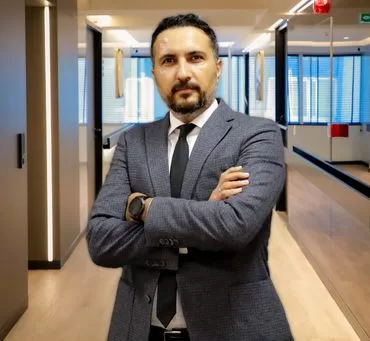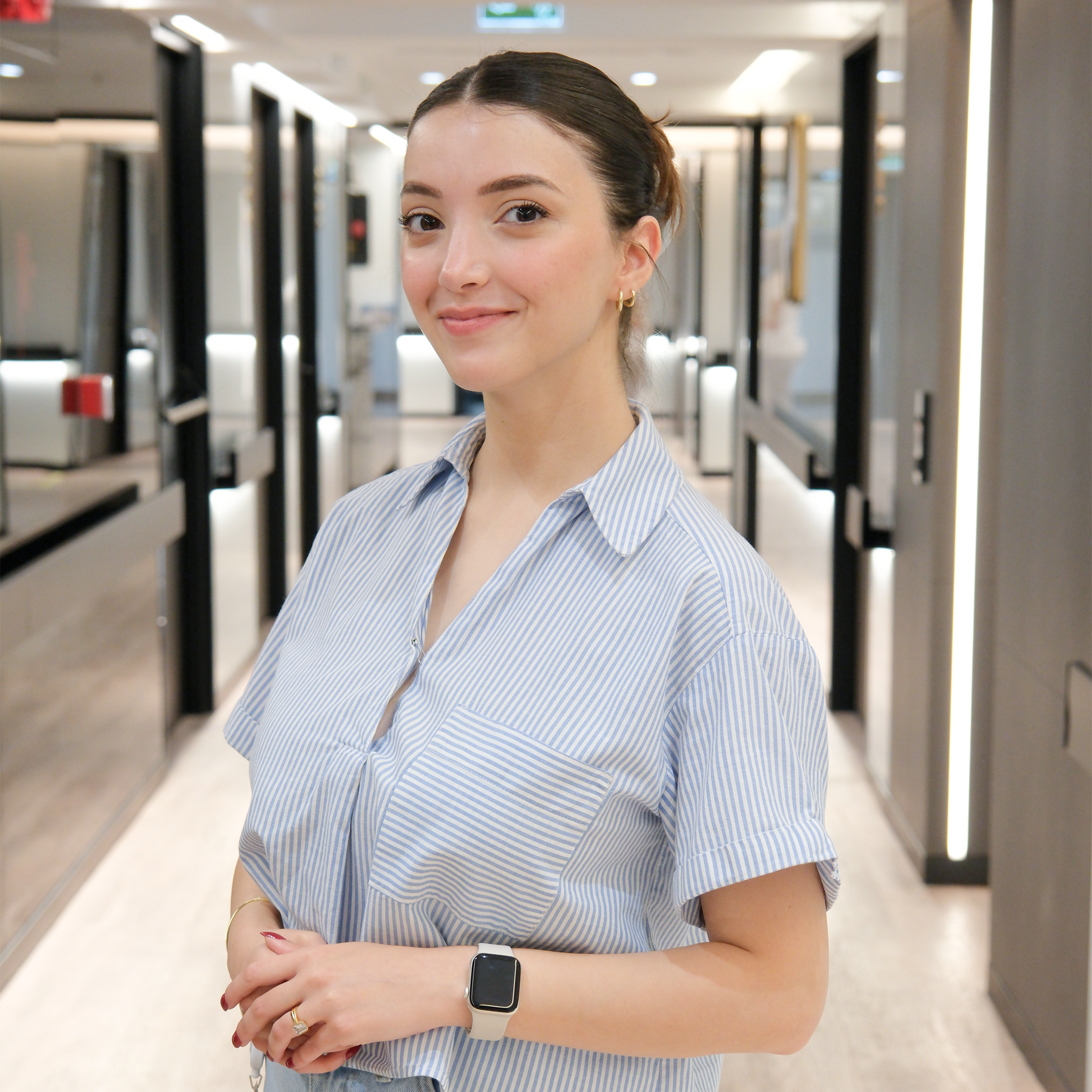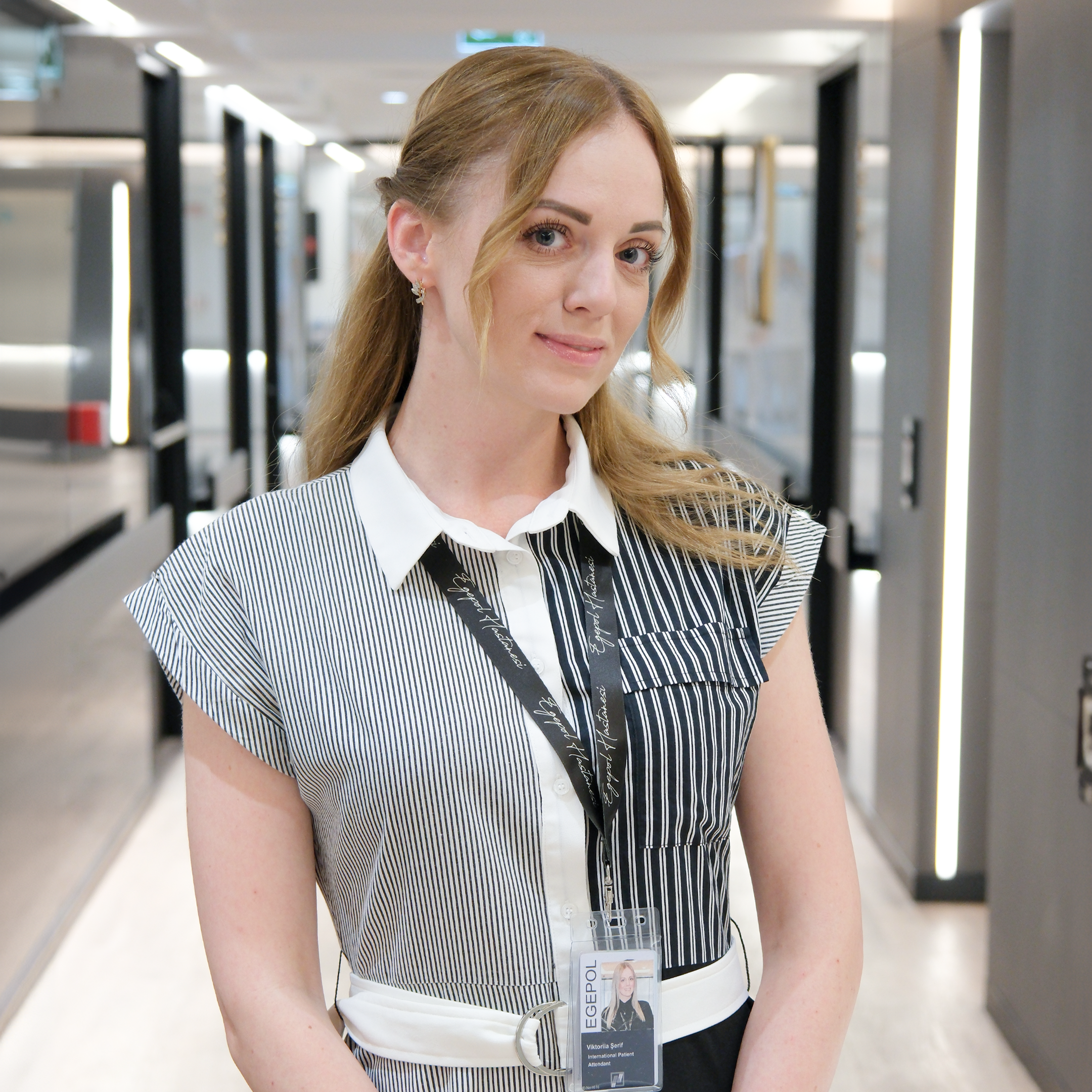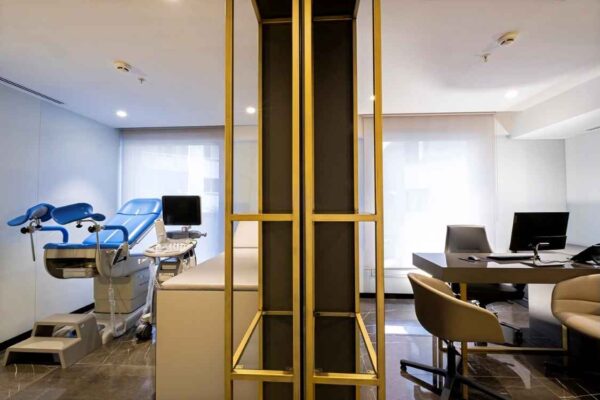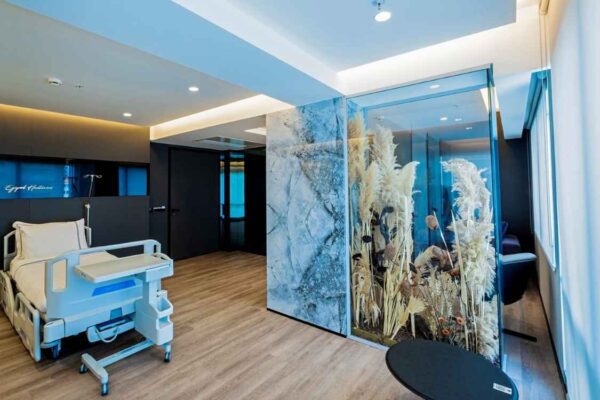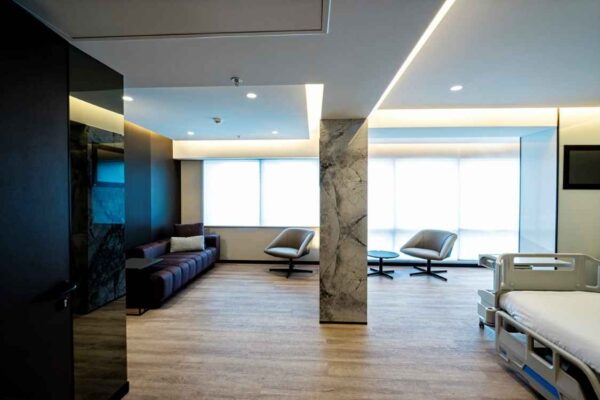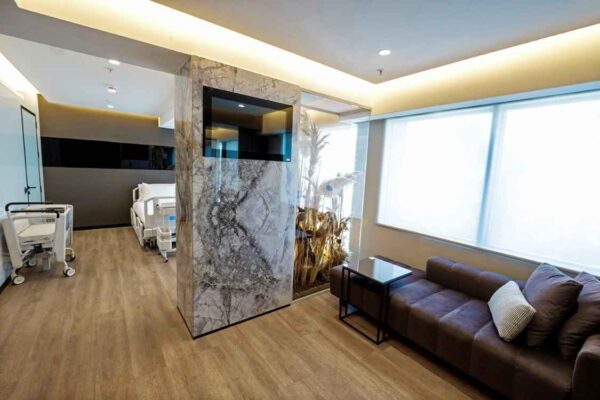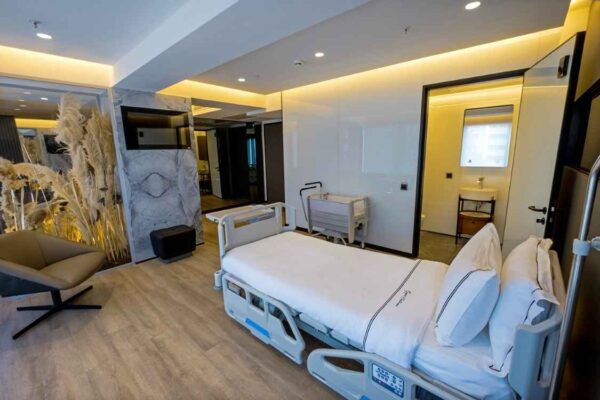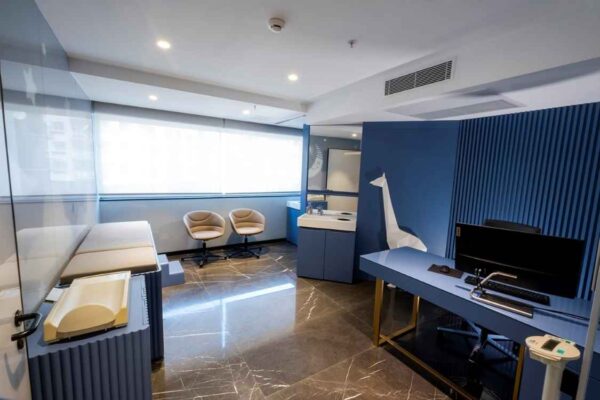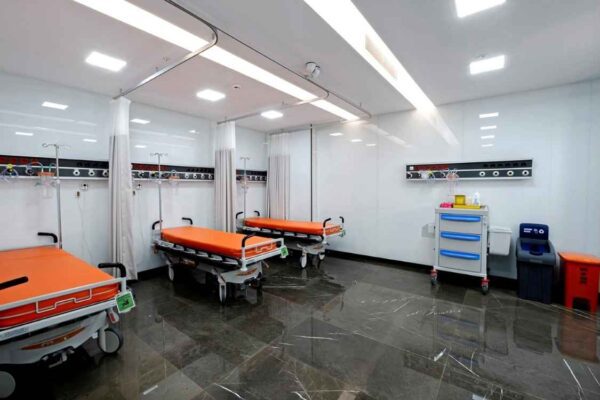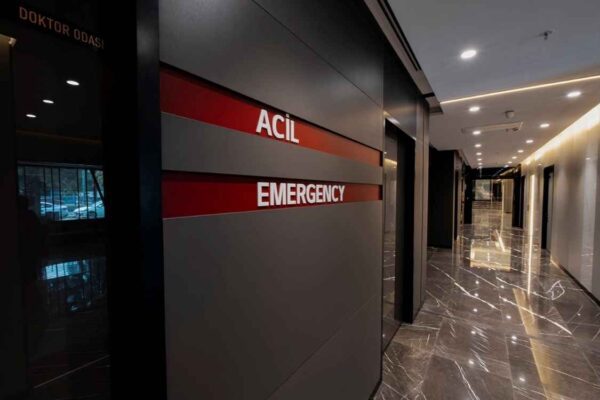Shoulder prosthesis may be needed due to traumas, painful shoulder diseases or similar conditions. In addition, knee and hip prostheses are also widely used in recent years. Advanced prosthetic designs have helped treatments to be more successful, especially in recent years.
Shoulder prostheses, which are frequently used in shoulder surgery, are especially applied to people who experience painful shoulder disorders. Shoulder prosthesis surgery is performed to support the round-shaped upper part of the arm bone that forms the shoulder joint and the scapula.
In Which Situations Is Shoulder Prosthesis Surgery Preferred?
It is a preferred method if medication, physical therapy and similar additional treatment methods do not work in patients with severe pain and mobility problems in the shoulder. Shoulder replacement surgery is especially applied for untreated shoulder diseases. The diseases in which shoulder prosthesis treatment is preferred are as follows;
- Calcification of the joints in the shoulder region.
- Damage to the shoulder joint and rheumatic disorders.
- Occurrence of rotator cuff muscle tears.
- Fractures of the humerus with no possibility of union and a very low healing rate.
Total Anatomical Shoulder Prosthesis
These prostheses are prepared synthetically based on the humeral head and glenoid anatomy that make up the joint. For many years, it is one of the most used shoulder prosthesis types in the world. In order for the total anatomical shoulder prosthesis to be performed correctly, the rotator cuff muscles should not be damaged and should be in a solid and functional structure.
Partial Shoulder Prosthesis
In partial dentures, only the humeral head is made instead of the two surfaces that make up the joint. Situations where partial dentures can be preferred are especially preferred for Hermes fractures that are thought to be non-union.
In addition, partial shoulder prosthesis can be applied in case of calcification in the head of the Hermes or in the event of deterioration of nutrition. For partial denture application, the rotator cuff muscles must be strong, strong and workable.
Reverse Shoulder Prosthesis
It is a type of prosthesis that is the most applied and very common in recent years. In this type of prosthesis, both surfaces forming the joint are changed. In a way, it resembles a total anatomical shoulder prosthesis. However, the biggest difference is that it is a round-shaped synthetic material and is placed in the area where the scapula is extension. At the same time, this prosthesis is placed on the upper part of the humerus.
This is the reason why this procedure is called reverse prosthesis. Due to the design of the prosthesis, the center of rotation must be displaced. The biomechanical properties of the shoulder joint change. The deltoid muscle of the shoulder joint, whose biomechanical structure has changed, becomes more functional compared to its former structure.
Reverse shoulder prostheses are preferred to treat problems caused by shoulder rotator cuff muscle tears and deterioration in the shoulder joints. In addition, this prosthesis can be used if there is no result from other prostheses. Reverse shoulder prosthesis can be used for multi-part fractures.
How Is Shoulder Prosthesis Surgery Happen?
After shoulder replacement surgery, the patient stays in the hospital for an average of 2 to 4 days. On the first day after the operation, the patient is encouraged to eat his own food. The reason for this is especially to see the function of the prosthesis. An arm sling should be used for an average of 4 to 6 weeks after the surgery.
In this process, people should not lift heavy and they should lift a maximum of two kilograms. After the surgery, the controls of the person are done in the 2nd and 6th weeks. According to the examination status, individual physical therapy programs are prepared and people are asked to exercise.
How Long Is the Life of the Shoulder Prosthesis?
Shoulder prosthesis is performed with the right techniques, shoulder prostheses can be used for an average of 20 years without any problems. After 20 years, wear and tear can be seen on the prosthesis. In case of wear, a second operation is performed and the prosthesis is replaced.
FAQs
The payment plan options for shoulder prosthesis surgeries in Turkey typically include credit card, bank transfer, and cash. Patients can choose to pay with their credit cards, make a bank transfer for the procedure cost, or opt for cash payments. These options offer flexibility to accommodate different preferences and financial situations.
No, shoulder prosthesis surgeries typically do not fall under insurance coverage. Insurance providers often consider such surgeries as elective procedures rather than essential medical treatments. It is advisable to consult with your insurance provider for specific coverage details and potential reimbursement options.
Shoulder prosthesis surgeries may be cheaper in Turkey due to several factors. These include lower labor and infrastructure costs, competitive healthcare market, government incentives to promote medical tourism, and currency exchange rates. However, it’s important to consider the qualifications and reputation of the healthcare facility and surgeon before making any decisions.
No, financing for shoulder prosthesis surgeries is typically not available. Medical procedures like these are usually covered by health insurance or require direct payment. It is important to consult with your insurance provider or healthcare professional to explore coverage options and potential financial assistance.
There is no specific age limit for shoulder prosthesis surgeries in Turkey. The eligibility for surgery depends on various factors, including the patient’s overall health, medical history, and the severity of the shoulder condition. It is best to consult with a qualified orthopedic surgeon who can assess the individual case and provide personalized recommendations.
The success rate of shoulder prosthesis surgeries is generally high, with a majority of procedures resulting in improved function and pain relief. However, like any surgical procedure, there are inherent risks involved, such as infection, implant failure, or complications related to anesthesia. The actual percentage of surgeries going wrong can vary based on individual factors and the specific procedure being performed.
While shoulder prosthesis surgeries are generally successful, there can be potential complications. These include infection, dislocation, nerve injury, stiffness, or loosening of the prosthesis. However, the risk of serious problems is relatively low, and most patients experience significant improvement in their shoulder function and pain levels after the surgery.
Our Team
Our Hospital
Atilla, Halide Edip Adıvar St.
No:57, 35270 Konak/İzmir




